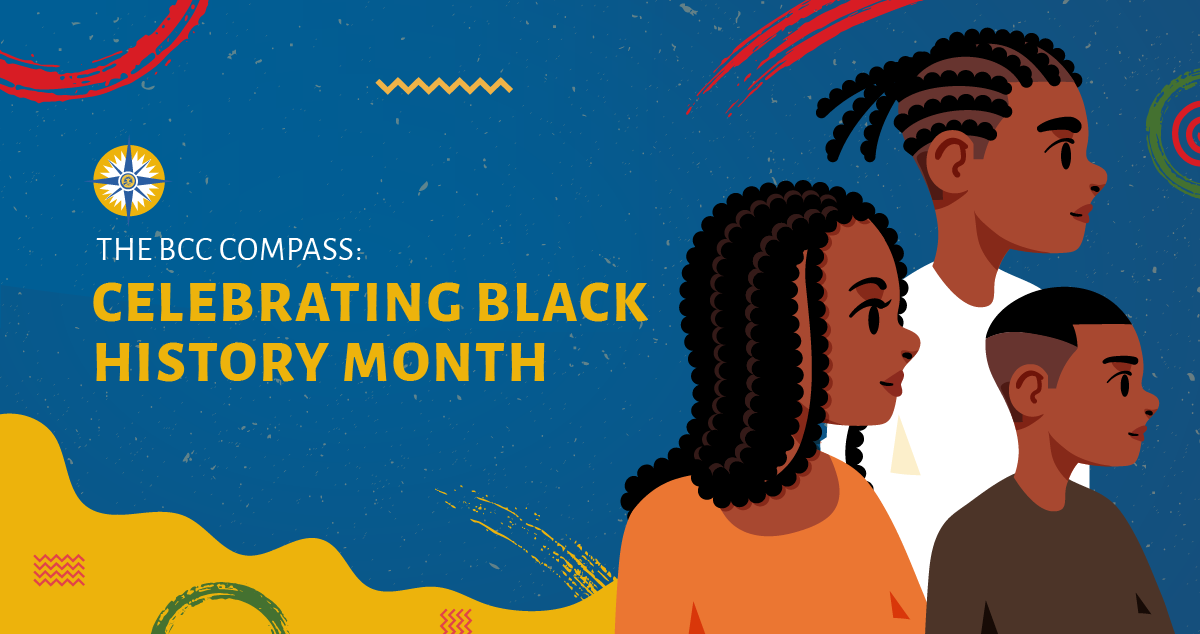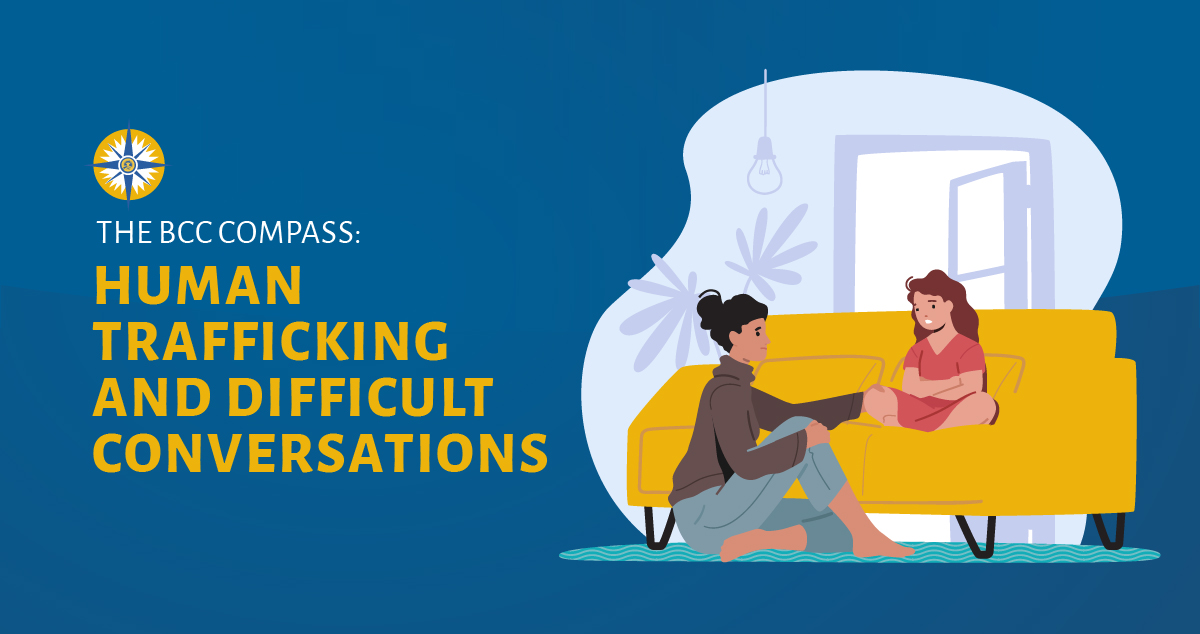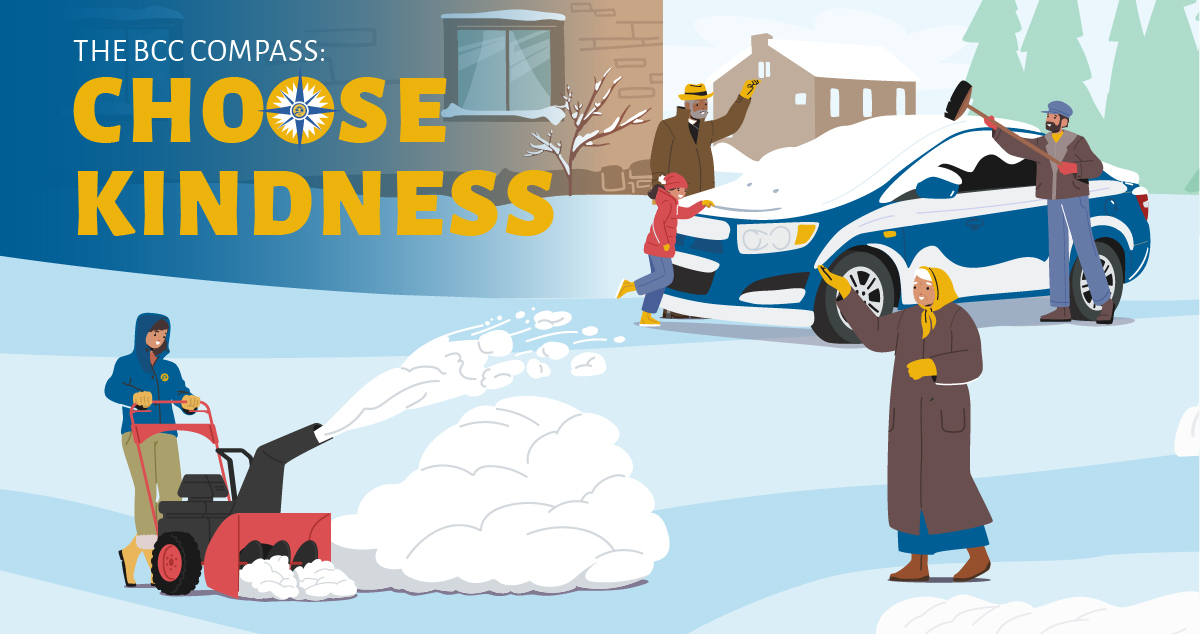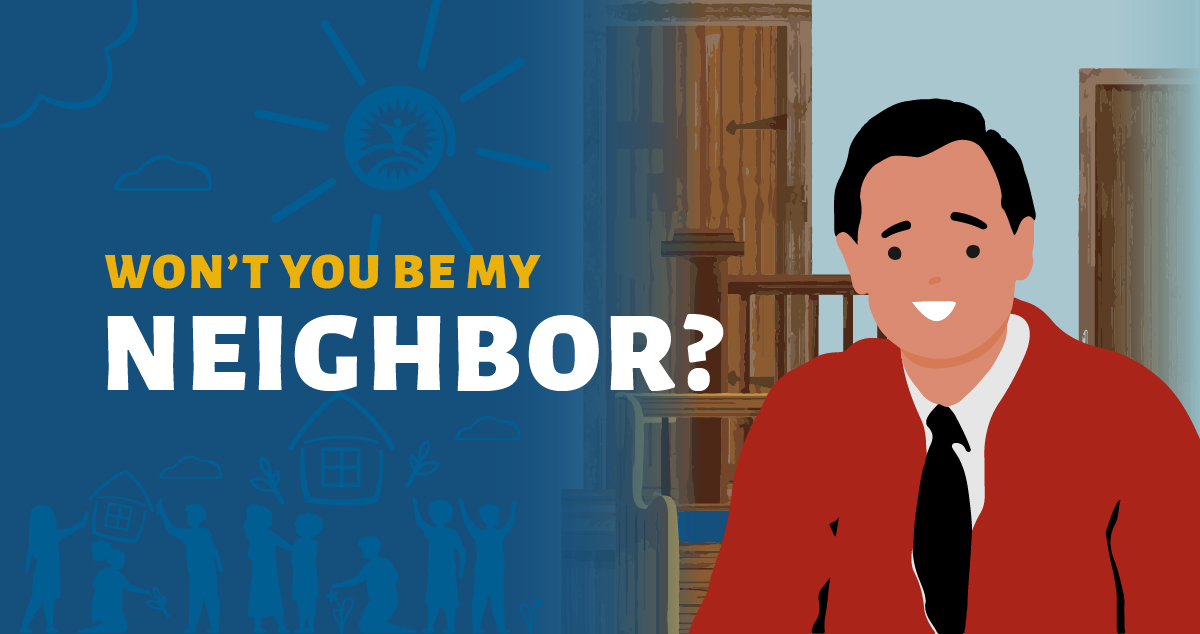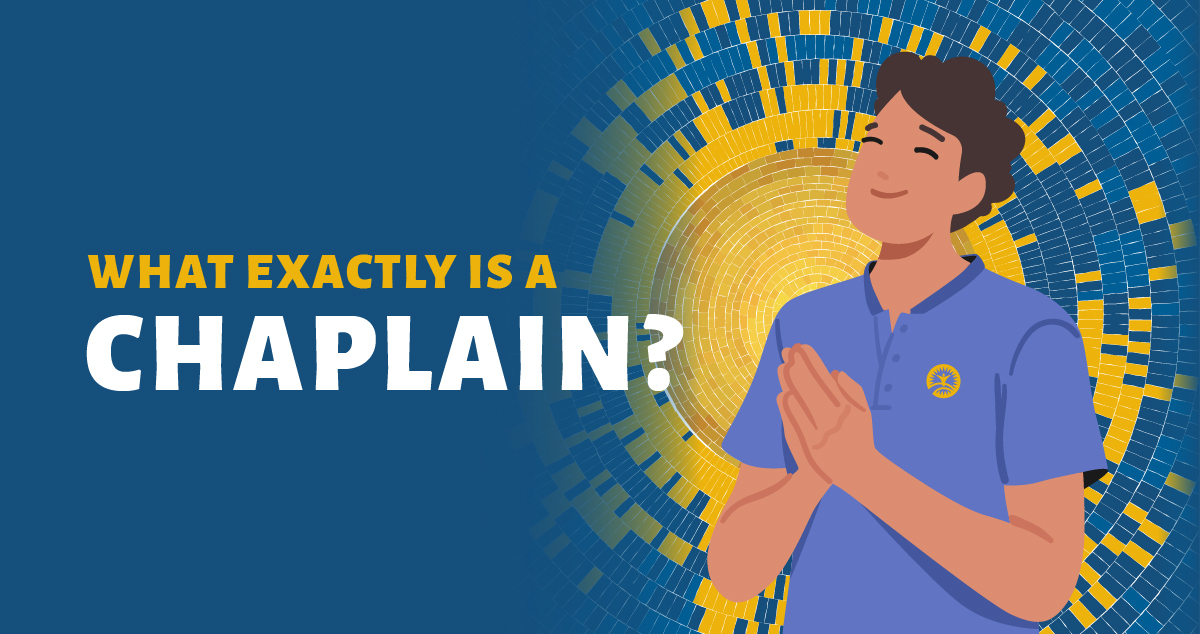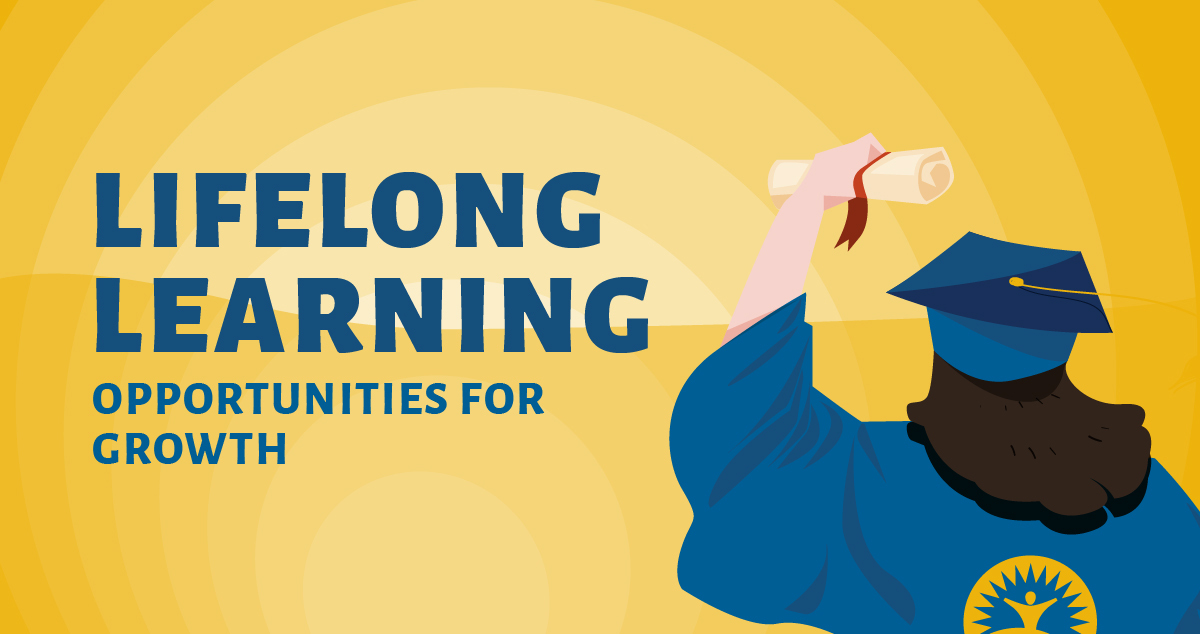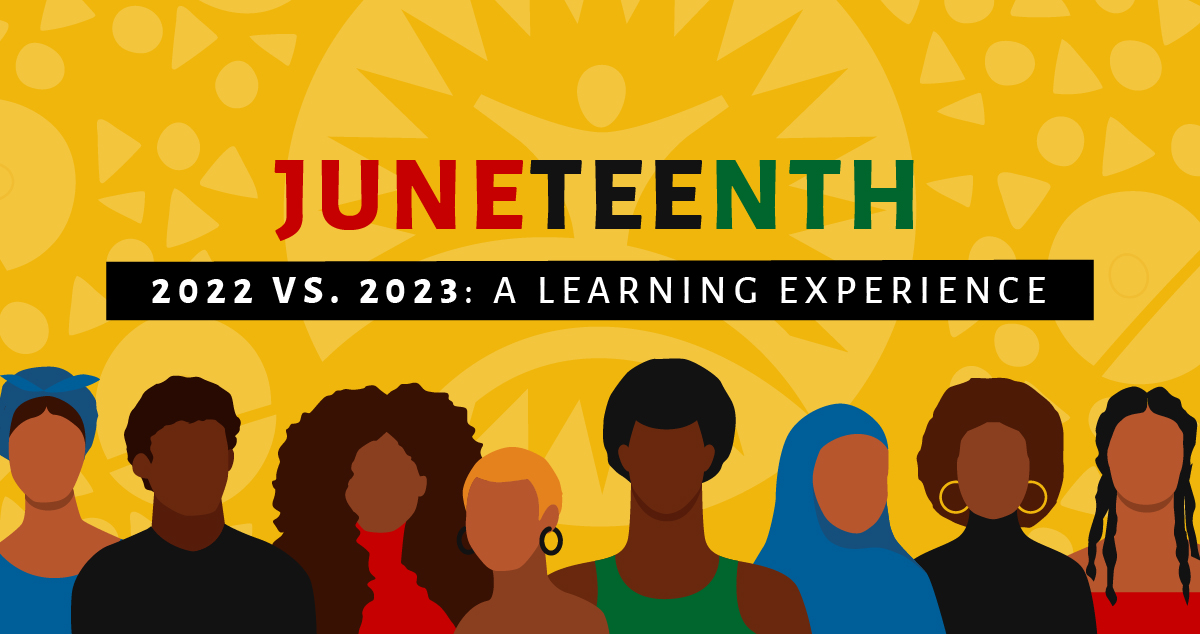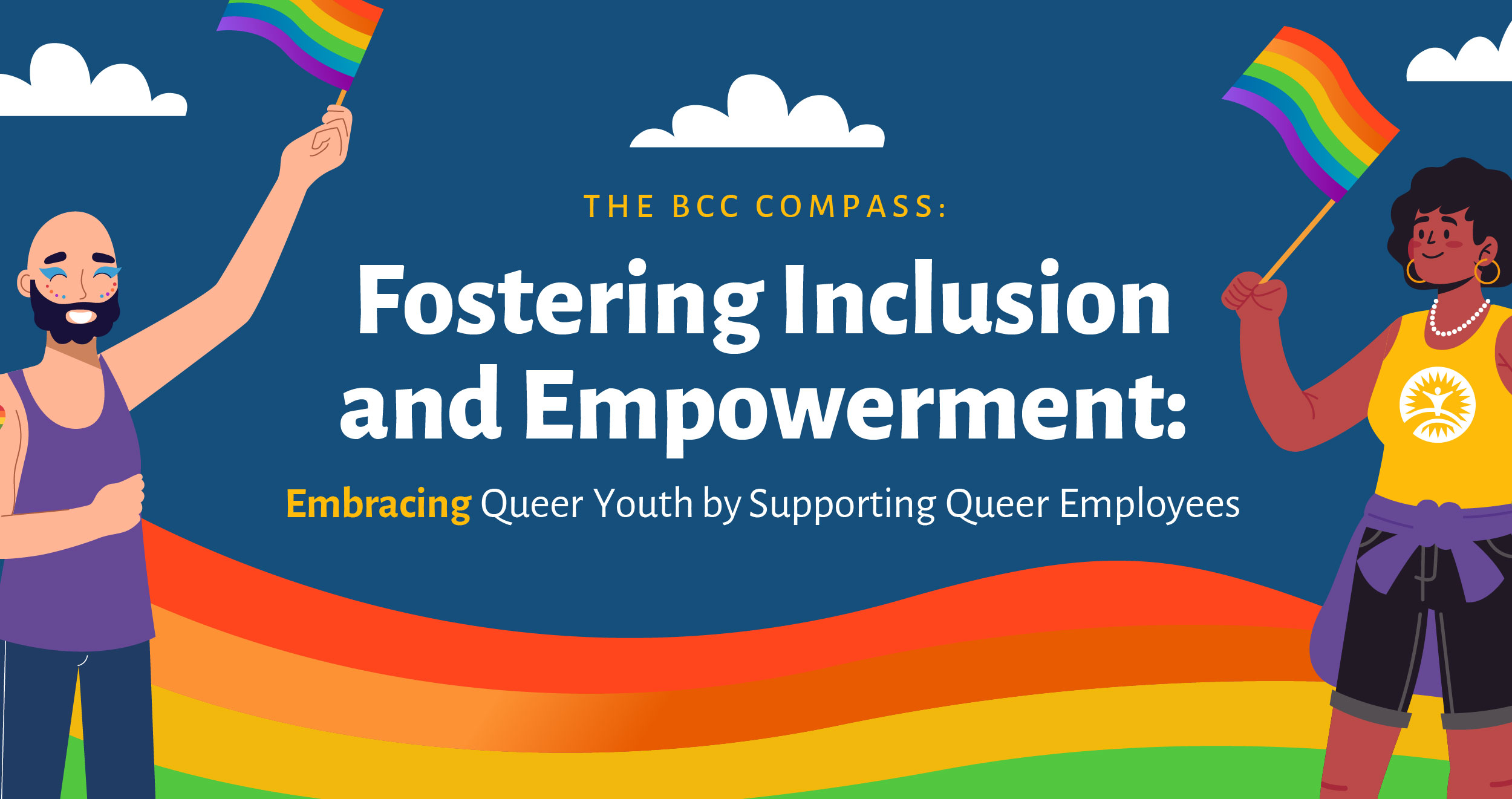The BCC Compass – March 2024
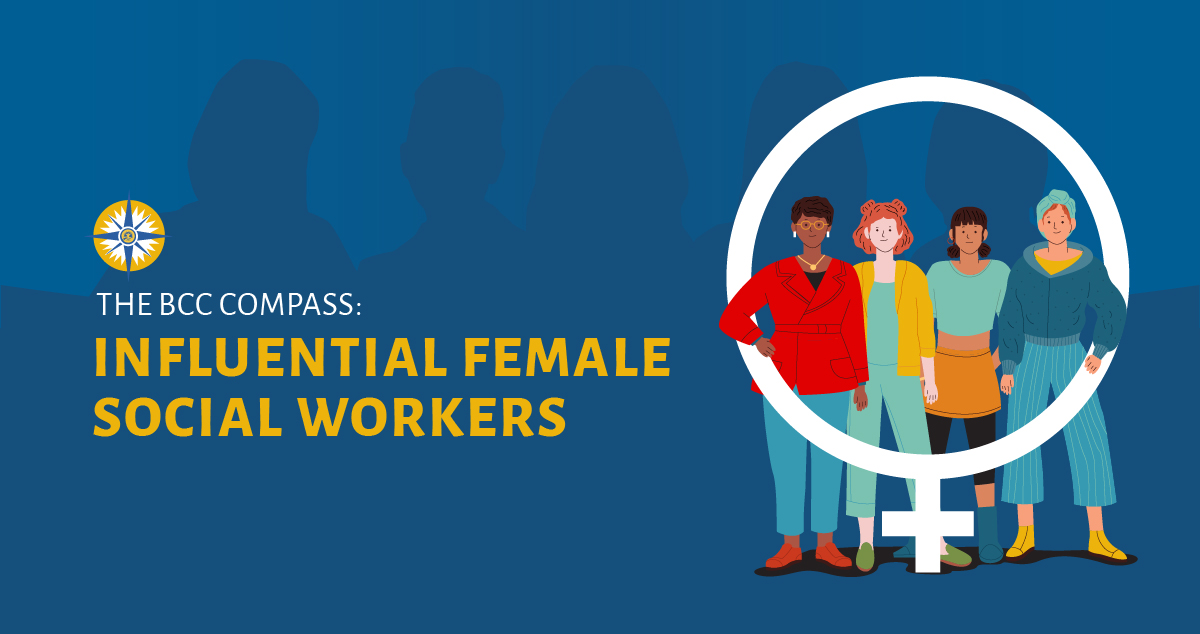
In the United States, March is recognized as Women’s History Month. March also happens to be Social Work Month! Luckily, at Board of Child Care, we have many influential and impactful women who are also social workers. This month and next month we will celebrate our Social Workers and Clinicians and all the work that they do for our communities.
Social work is not easy; it requires empathy, compassion, skill in active listening and communication, cultural competence, patience, flexibility, and the ability to advocate for clients. Social work requires a heart of gold, and we are lucky to have so many incredible social workers at BCC!
What exactly do social workers do, and how do they strengthen communities?
Social workers are at the front lines, addressing issues such as mental health care, economic insecurities, inequalities, protecting the vulnerable and so much more!
At BCC, our Social Workers do so many amazing things for our youth, including:
- Equip families with the proper tools to be successful through challenges and build resiliency for the future.
- Connect children with families and resources.
- Counsel kids going through difficult situations and help them build skills and independence.
- Advocate in the community for vulnerable children.
The Most Influential Female Social Workers in History
Mother Teresa
For a lot of people, the first name that comes to mind when discussing female social workers is Mother Teresa. She was born in Macedonia during the year 1910 and, after spending around three decades in Yugoslavia, she shifted to India.
Mother Teresa dedicated her whole life pursuing social causes and one of her most standout efforts is the Missionaries of Charity. This is a Catholic congregation, operational in over 130 countries, and runs hospices and homes for people suffering from HIV/AIDS, tuberculosis, and leprosy. They also run dispensaries, clinics, orphanages, soup kitchens, schools, and counseling programs for families and children.
As a result of her untiring efforts to help the helpless, Mother Teresa was awarded the Noble Peace Prize award in 1979.
Frances Feldman
A professor in the University of South Carolina, Frances Feldman’s groundbreaking research in the 1970s helped shed light on workplace discrimination against cancer patients. Her research revealed novel evidence that co-workers and employers often placed harsh (if not illegal) conditions on any cancer survivors within their organization. As a result of Feldman’s study, several states throughout the US made changes to the fair employment legislation.
For over five decades, Frances Feldman explored the psychological and social meanings behind life and work. She also developed the very first staff and faculty counseling center at the USC – a center that serves at the blueprint for the USA’s employee assistance schemes and programs.
Jane Addams
Jane Addams was the woman responsible for the creation of the Chicago settlement houses, considered to be the very first in the world. Addams studied and understood the poverty issues rampant in Chicago, and, as a result, established the House Services in the city. This Service included a library and gymnasium, and even conducted educational classes for both adults and children.
Jane Addams established the Philanthropy and Civics school in Chicago and was also elected the first women president for the National Conference of Charities and Corrections. Her social work and contributions led her to win a Noble Peace Prize Award in 1931.
Source: keyassetskentucky.com/the-three-most-influential-female-social-workers-in-history-2
Social workers continue to inspire and create change within our communities. Our very own CEO, Laurie Anne “LA” Spagnola is a Social Worker. Let’s continue to celebrate our Social Workers and the impactful work they continue to for our communities and our kids!
